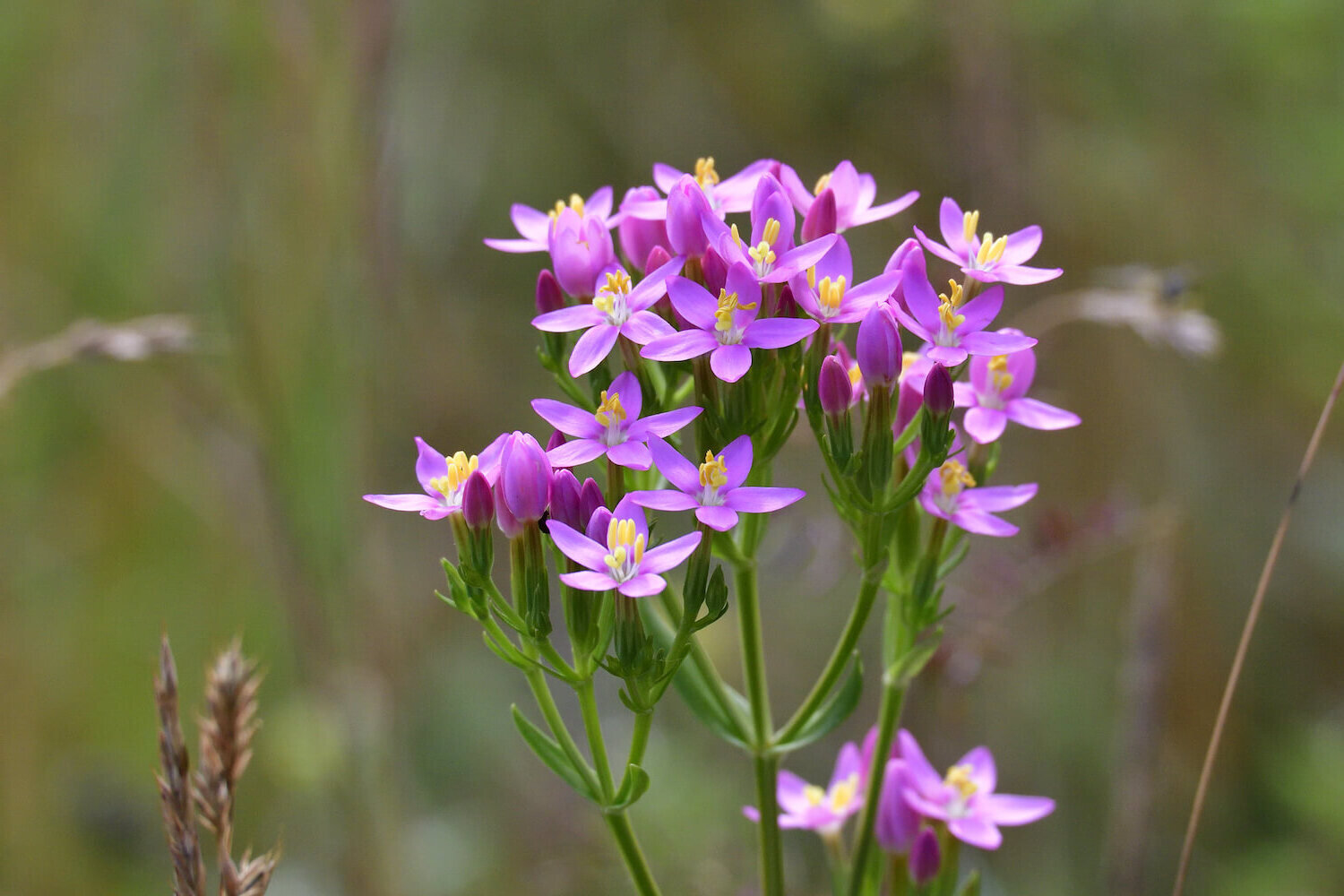
Centaury, a small but mighty herb, has been used for centuries in traditional medicine. Ever wondered what makes this plant so special? Centaury belongs to the Gentian family and is known for its vibrant pink flowers. It's often found in Europe, North Africa, and parts of Asia. This plant is not just a pretty face; it has a range of health benefits. From aiding digestion to treating wounds, Centaury has earned its place in herbal remedies. Curious about its history, uses, and benefits? Keep reading to uncover 29 fascinating facts about this incredible herb!
What is Centaury?
Centaury, a small flowering plant, belongs to the Gentianaceae family. Known for its medicinal properties, it has been used in traditional medicine for centuries. Let's dive into some fascinating facts about this remarkable plant.
-
Centaury is often found in Europe, North Africa, and parts of Asia. It thrives in meadows, grasslands, and open woods.
-
The plant's name comes from the Greek myth of Chiron the Centaur, who used it to heal wounds.
-
Centaury typically grows to a height of 10-50 cm, making it a relatively small but noticeable plant.
-
The flowers are usually pink or red, and they bloom from June to September.
-
Centaury is a biennial plant, meaning it completes its life cycle in two years.
Medicinal Uses of Centaury
Centaury has been a staple in herbal medicine for its numerous health benefits. Here are some of its medicinal uses:
-
Traditionally, centaury has been used to treat digestive issues like indigestion and bloating.
-
The plant contains bitter compounds that stimulate appetite and aid in digestion.
-
Centaury is also known for its anti-inflammatory properties, making it useful for treating wounds and skin conditions.
-
It has been used as a natural remedy for fever and flu symptoms.
-
The plant's extracts are sometimes used in liver tonics to promote liver health.
Centaury in Folklore and Mythology
Centaury has a rich history in folklore and mythology. Its legendary status adds to its allure.
-
In ancient Greece, centaury was believed to have magical properties and was used in various rituals.
-
Medieval herbalists often included centaury in their potions and remedies, believing it could ward off evil spirits.
-
The plant was also thought to bring good luck and was sometimes carried as a charm.
-
In some cultures, centaury was used in love potions and spells.
-
The plant's association with Chiron the Centaur made it a symbol of healing and wisdom.
Centaury in Modern Times
Despite its ancient roots, centaury continues to be relevant today. Let's explore its modern applications.
-
Centaury is often included in herbal teas and supplements for its digestive benefits.
-
The plant is also used in homeopathy, where it is believed to help with emotional well-being.
-
Some skincare products feature centaury extracts for their anti-inflammatory and soothing properties.
-
Centaury is sometimes used in natural insect repellents due to its bitter taste.
-
The plant is also studied for its potential anti-cancer properties, although more research is needed.
Growing and Harvesting Centaury
Interested in growing centaury? Here are some tips for cultivating this versatile plant.
-
Centaury prefers well-drained soil and a sunny location.
-
The plant can be grown from seeds, which should be sown in the spring.
-
It requires minimal maintenance, making it an excellent choice for beginner gardeners.
-
Centaury is drought-tolerant but benefits from occasional watering during dry spells.
-
Harvesting should be done when the plant is in full bloom, usually in the second year of growth.
Fun Facts About Centaury
Let's wrap up with some fun and quirky facts about centaury that you might not know.
-
Centaury is sometimes called "feverwort" due to its historical use in treating fevers.
-
The plant's bitter taste makes it unpalatable to most herbivores, protecting it from being eaten.
-
Centaury has been used in traditional European liqueurs and bitters.
-
The plant's scientific name, Centaurium erythraea, reflects its reddish-pink flowers.
The Final Word on Centaury
Centaury, a small but mighty herb, packs a punch in the world of natural remedies. Known for its medicinal properties, this plant has been used for centuries to treat various ailments. From aiding digestion to boosting liver health, centaury offers a range of benefits that make it a valuable addition to any herbal medicine cabinet.
Its bitter taste might not be for everyone, but the health perks are undeniable. Whether you're looking to improve your overall wellness or tackle specific health issues, centaury could be the natural solution you've been searching for.
Remember, while centaury is generally safe, it's always a good idea to consult with a healthcare professional before adding any new herb to your routine. With its rich history and proven benefits, centaury stands out as a true gem in the world of herbal medicine.
Was this page helpful?
Our commitment to delivering trustworthy and engaging content is at the heart of what we do. Each fact on our site is contributed by real users like you, bringing a wealth of diverse insights and information. To ensure the highest standards of accuracy and reliability, our dedicated editors meticulously review each submission. This process guarantees that the facts we share are not only fascinating but also credible. Trust in our commitment to quality and authenticity as you explore and learn with us.
